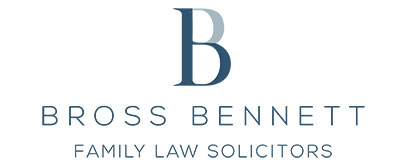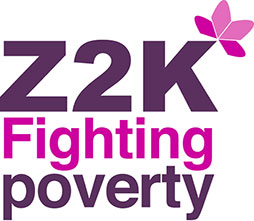LLB Law in Practice is a four-year programme: students study the first two years at Queen Mary University of London; the third year is spent on a paid internship applying your legal skills and knowledge at an employer, returning to Queen Mary for the final year of study.
This law degree programme covers all the core modules needed to satisfy professional requirements for the foundations of legal knowledge and skills in England and Wales and some other jurisdictions. We are extremely grateful to all partner organisations who have supported us since 2014 with these opportunities:
Legal at CHANEL: Eloine’s insights from her Queen Mary placement year
Programme structure
The placement is during the third year of the four-year programme. You will be required to keep a weekly reflective journal, which will be maintained as a portfolio throughout the year and presented at the end of the internship. You will be assessed on a pass/fail basis and the placement year is a 120-credit module. This module does not count towards the degree classification.
If you are selected for M130 from a programme other than M100 (LLB Law), M120 (LLB English and European Law) or M105 (LLB Global Law), your timetable will be tailored in the second and final year to ensure you have covered all core modules necessary to graduate with a Qualifying Law Degree. The work placement on the Law in Practice degree (which takes place in the third year) will take the place of any year abroad. Students who initially enrol onto a joint honours degree (LLB Law with Business and LLB Law and Politics) can continue to take joint honours modules after gaining a placement as part of the Law in Practice degree, including in their final year following the placement.

ReImagineLAW podcast
Law in Practice Students Simran Patel and William Green appeared on the ReImagineLAW podcast to discuss the skills they've built during their placement year and how powerful it was to apply the knowledge they've acquired during their degree in the workplace.
Frequently Asked Questions
Who can apply?
The Law in Practice degree is available for up to approximately 10 Queen Mary undergraduate law and joint honours students each year students each year. Many of the students who have completed the placement year to date have been offered (and accepted) training contracts with the relevant employer. Decisions are made based on an application, academic grades and attendance. Shortlisted candidates are then interviewed by the employer.
How to apply?
You should apply directly through UCAS onto any LLB programme and you will have the opportunity to make an application for the Year in Practice in your second year of study (the different employers have different timelines for application).
What are the career benefits of the placement year?
The Law in Practice programme gives you the chance to learn first-hand what it is like to work in a legal services environment and to better understand these types of businesses and career paths before you complete your degree. The placement year will provide you with exceptional career benefits.
What sort of work will I do while on placement?
Students will be involved in a range of work, which is currently carried out by paralegals, trainees and those who attend their undergraduate vacation schemes. At Reed Smith LLP, students are engaged in practice group work and innovation projects. At Bryan Cave Leighton Paisner LLP, Bross Bennett, Ince, Mishcon de Reya LLP, and Z2K, students will focus mainly on one or two areas of practice (including Corporate, Real Estate, Family Law, Finance, Litigation or Human Rights, and Pro-Bono projects) for the duration of the placement. The area of focus at Paul Hastings LLP and Simmons & Simmons is the application of innovations in legal practice and how those apply to practice areas of the firm (ranging from M&A and Corporate Finance to Fintech and Litigation). We also have Law in Practice placements at the in-house legal team of a global fashion house, where students focus on areas of work ranging from IP and brand management, to Commercial and Data Privacy work.
After working closely with the partner, they asked me to lead the client call, and it gave me so much confidence. So when one month later the opportunity arose again I thought: ‘Well, I’ve led a call once, I can do it again’. That experience and the confidence it gives you is amazing.— Law in Practice Student (2022)
You see the documents you talk about in university, such as contracts, used in practice... It really ‘clicks’ now and I see how the learning we had from the Contract or Corporate law modules is used by practitioners.— Law in Practice Student (2022)
The level of responsibility was quite scary early on! And I realised that one important skill and habit, because of this responsibility, is the power of asking questions strategically... Ask more rather than less!— Law in Practice Student (2022)












